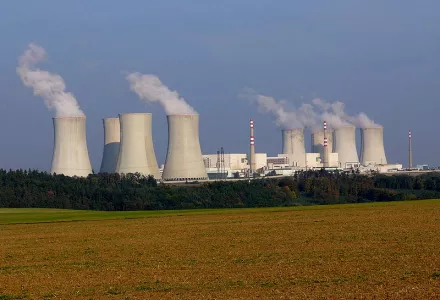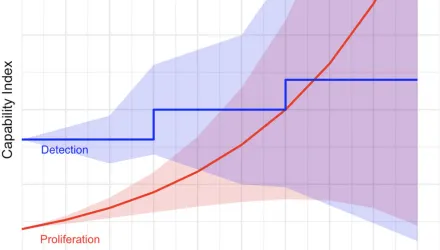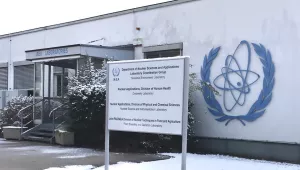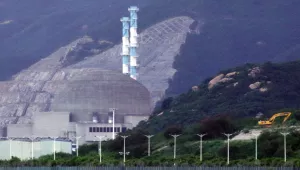Can Nuclear Energy Thrive in a Carbon-Constrained World?
Speaker: Jacopo Buongiorno, TEPCO Professor and Associate Department Head, Nuclear Science and Engineering, Director, Center for Advanced Nuclear Energy Systems (CANES), Massachusetts Institute of Technology (MIT)
MIT has recently completed a multi-disciplinary study, to assess the prospects for new nuclear technologies, policies, business models, and regulatory governance to accelerate the transition to a lower-carbon global energy system in the U.S. and around the world. In this seminar, we will present a set of findings from the MIT study that are focused on (a) cost competitiveness of nuclear in various markets with and without carbon constraints, (b) technology innovations that could substantially reduce the capital cost of new nuclear plants, and (c) regulatory pathways to accelerate the deployment of advanced reactors.




